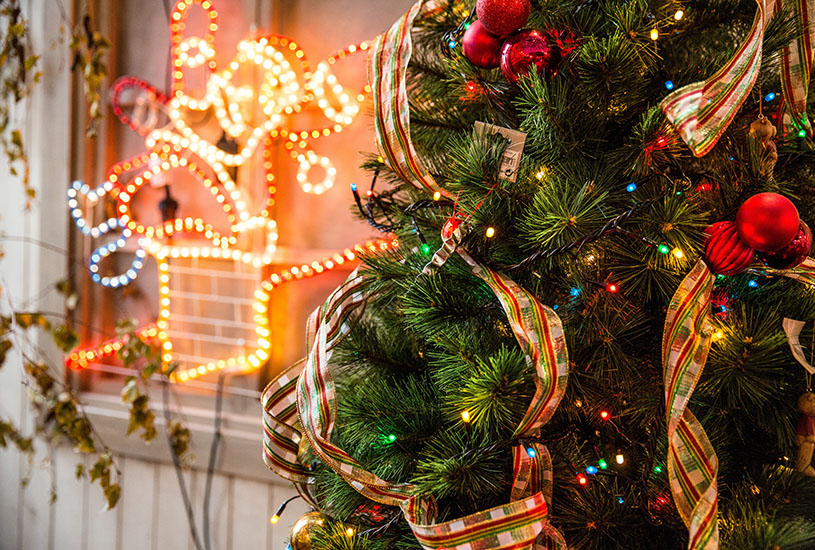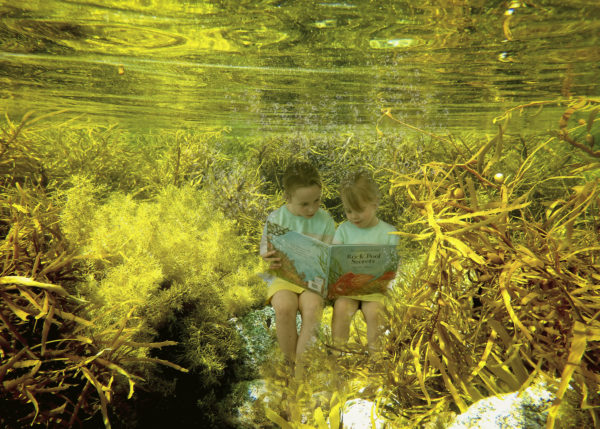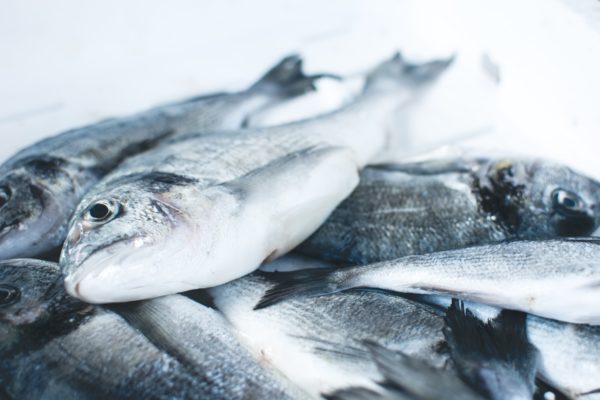Christmas is a time for celebration for many people. Families and friends come together to exchange gifts and enjoy a meal.
But with the festivities comes excessive waste that can have detrimental effects on our planet.
On Christmas morning, families gather around their Christmas trees and exchange beautifully wrapped gifts. Children tear open presents that have been left for them by Santa Clause.
It is a day of the year where waste isn’t often thought about.
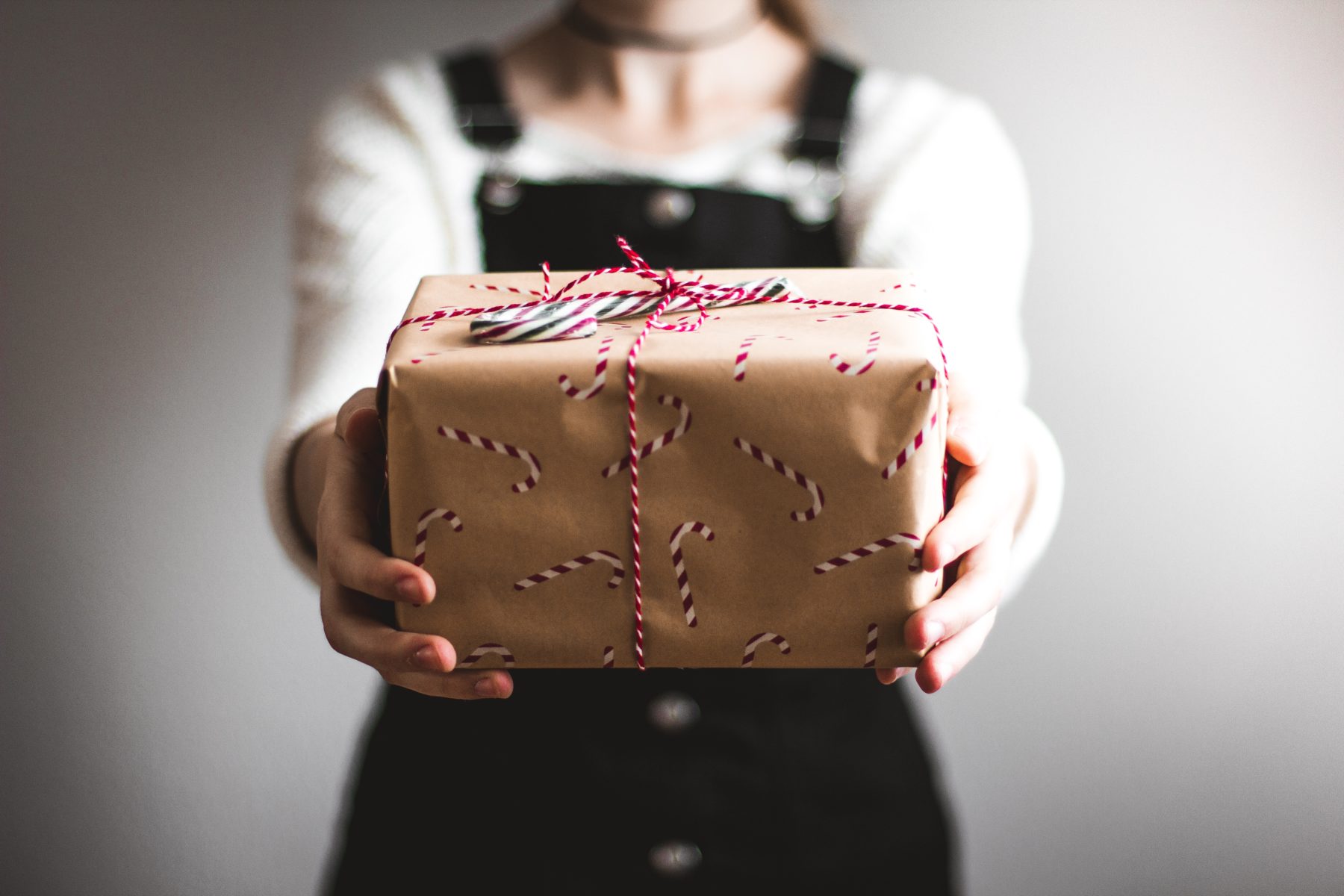
However, without realising it, many of us are in fact causing detrimental damage to the planet with our overconsumption during the festive period.
Discarded wrapping paper and leftover food are the main sources of the negative effects that the planet faces during this time.
Overconsumption is costing the Earth
Christmas is costing a lot more than we initially think.
Not only is it taking a large chunk from our bank accounts but it is taking a significant toll on the earth’s carbon footprint.
Dr Euan Ritchie, Associate Professor in wildlife ecology and conservation at Deakin University, believes that there are many small things we can do to reduce our impact during Christmas time.
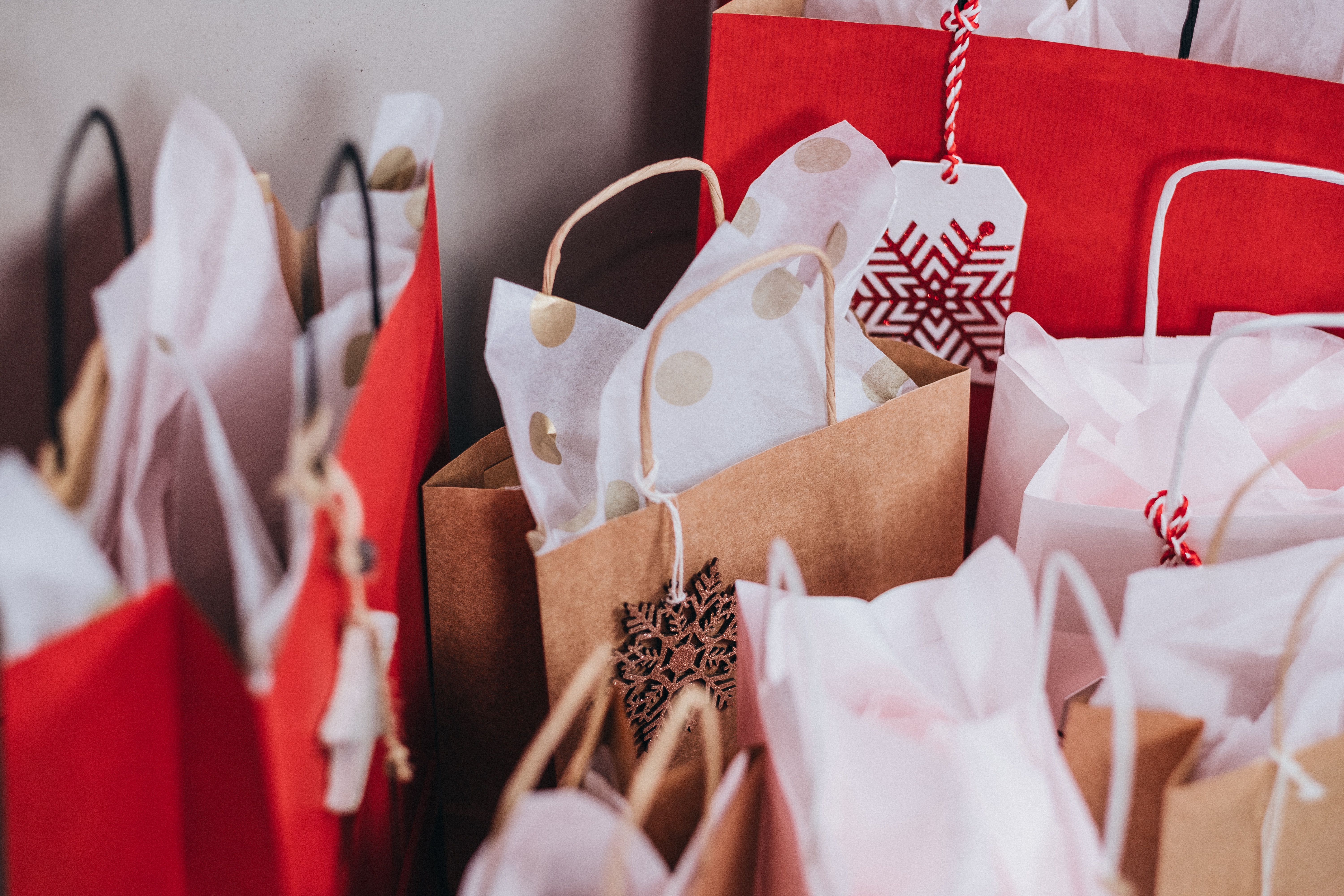
“Before you buy anything new, consider recycling something you already have such as some jewellery, a lovely dress or a shirt you’ve barely worn.” Dr Ritchie suggests.
He also suggests that buying someone an experience can save the waste of a packaged gift.
“Donating to an environmental organisation on someone’s behalf or promising to take someone on a nice picnic somewhere,” is also an option.
“If you really want to give an actual object, why not some yummy homemade biscuits or a super awesome native pot plant?” Says Dr Ritchie.
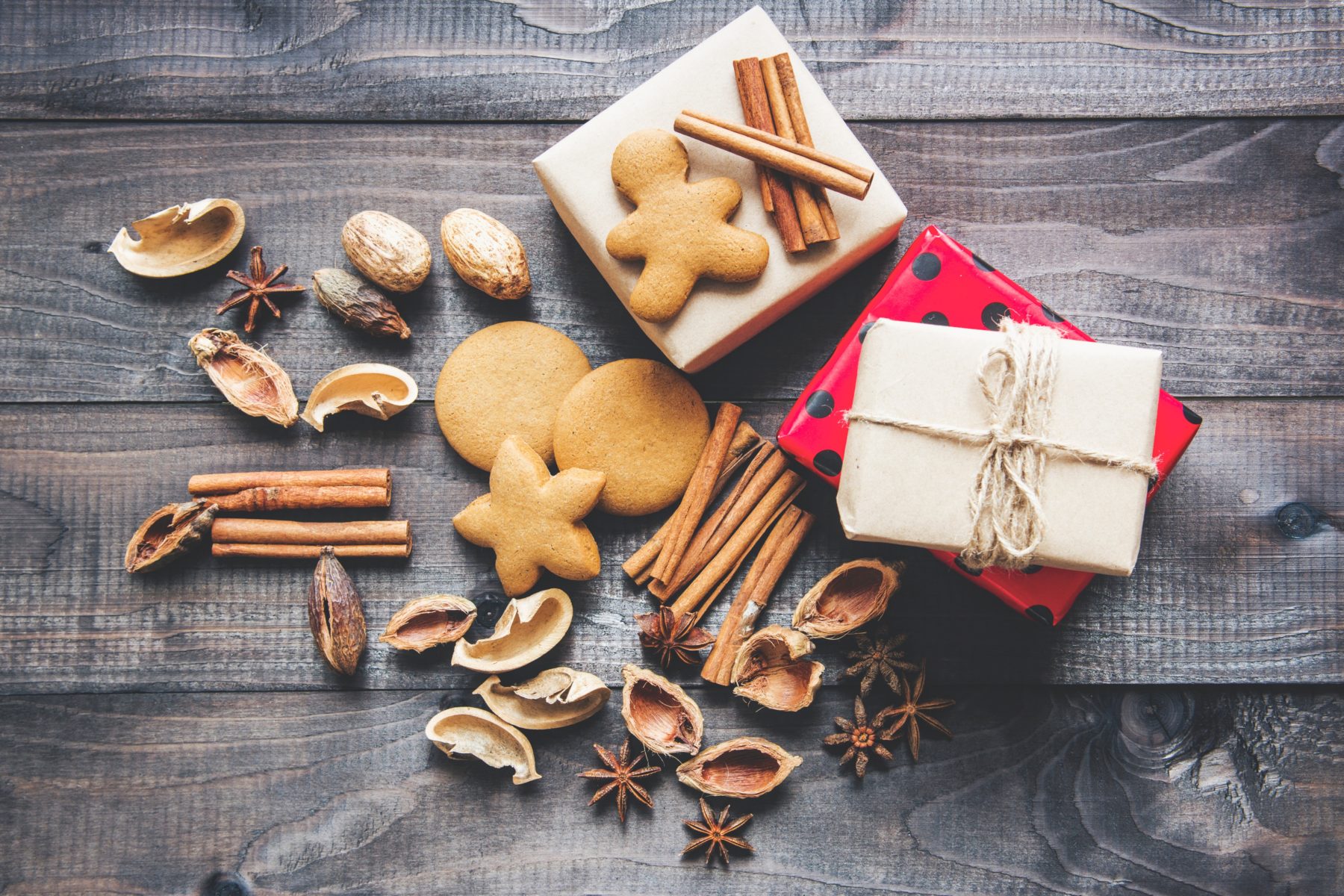
Dr Ritchie advises us to think about how much the person will want/need the gift you are planning to give them.
“Make sure what you give a person is really going to be something they want, as so many gifts are simply tossed away.”
Green options for Christmas
Dr Ritchie explains that a lot of the waste is coming from ‘over-catering’.
This puts pressure on the meat industry and adds to the carbon footprint due to the overconsumption of greenhouse gas producing livestock.
“Choose more sustainable food options, so try reducing the amount of meat eaten, and if you eat meat consider kangaroo or sustainable seafood such as calamari.” Dr Ritchie suggests.
Dr Ritchie also says that food doesn’t need to be wasted at Christmas time, “Freeze all uneaten food, and compost any scraps for your veggie garden!”
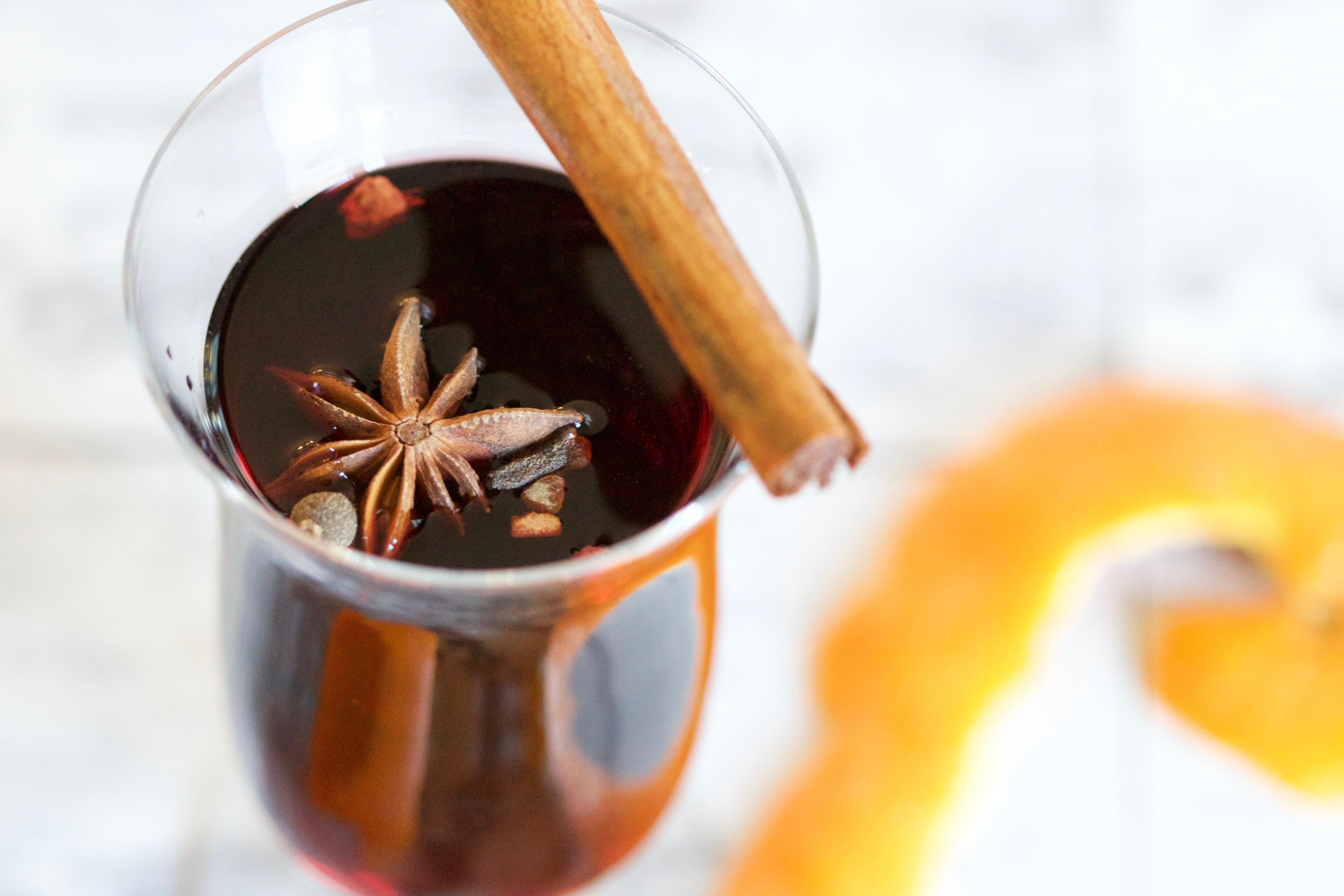
Other green options include wrapping presents in decorative scarves or cloth that can be reused, instead of wrapping paper.
Recycling Christmas decorations to use more than once, instead of purchasing new ones every year.
The impact is more than you think
When considering the overall cost of Christmas we are mainly focused on the financial aspects.
It’s a huge amount of money that is spent each year on food, decorations, gifts, flights and accommodation for some, and of course the Christmas tree.
A real Christmas tree can be anywhere between 50-200 dollars now.
In the height of summer when Australian’s are celebrating the holiday, often these trees that could be recycled as firewood are discarded, as there is no need for a fire at that time of the year.

Dr Ritchie explains that the impact is huge, especially when we consider “all the flights for people to visit their families, all the materials to produce new presents that many don’t need or don’t want, and the excessive consumption of food, especially large amounts of meat.”
All of these aspects add to the detrimental environmental impact of Christmas.
Some tips for staying green this Christmas
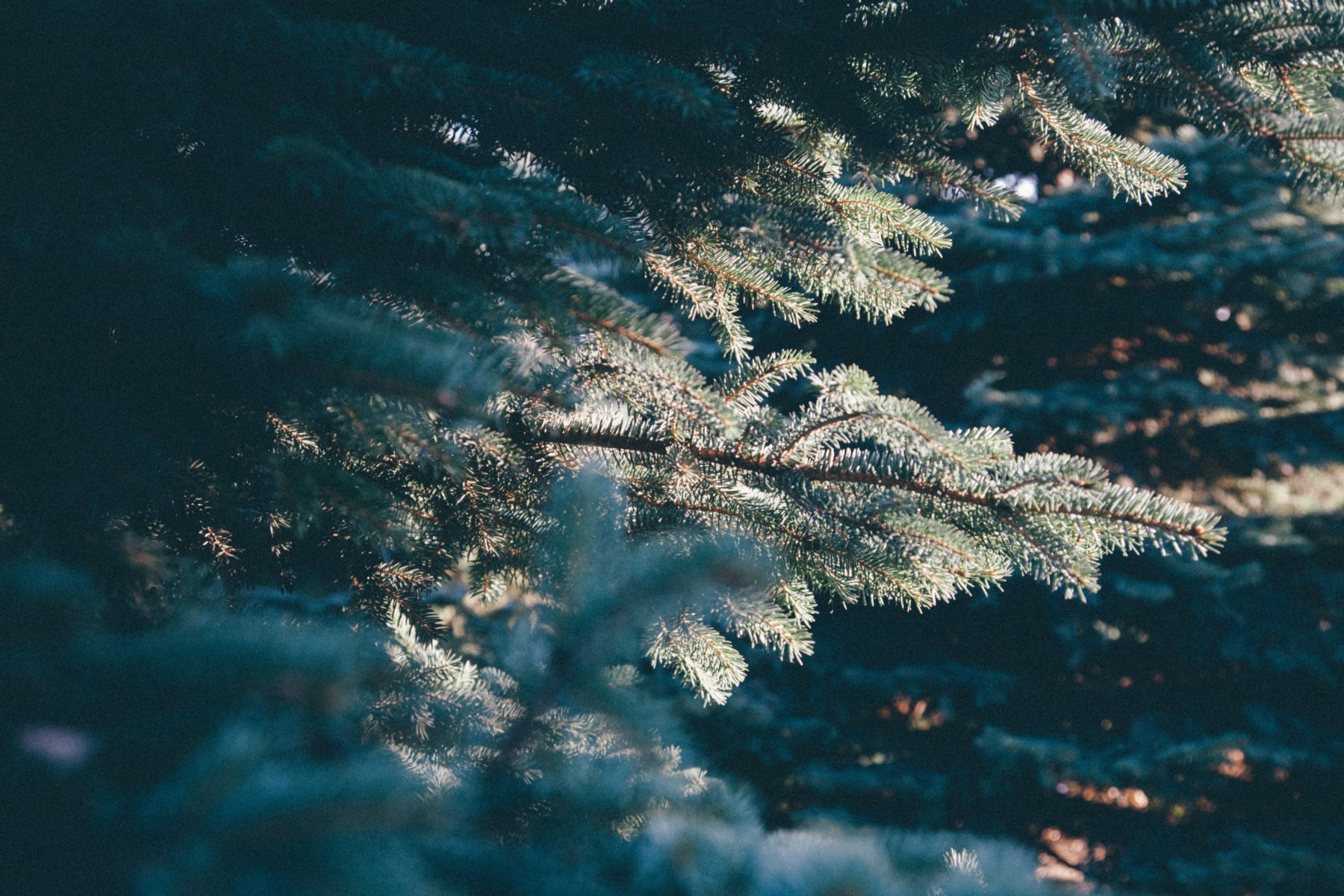
As already suggested, the best way to stay green this Christmas is to think before consuming. Question yourself.
Do I really need this much food?
Can I regift something instead?
Making small changes like this will have a big impact on our environment and will be one step closer to protecting it from the effects of the carbon footprint.
